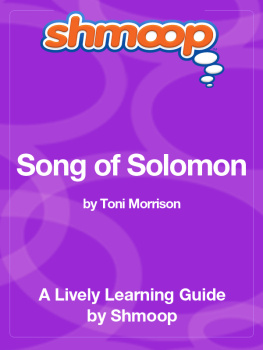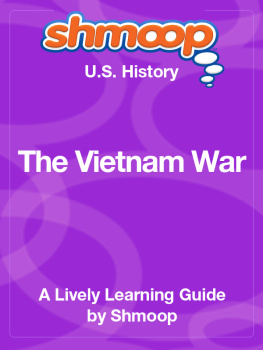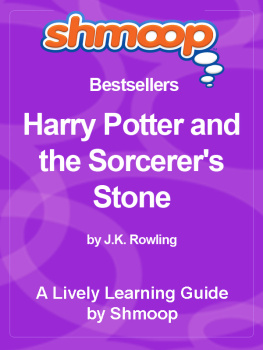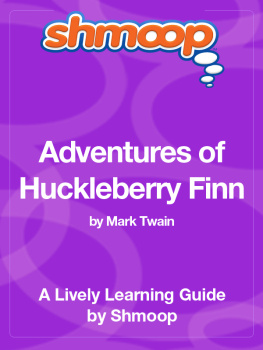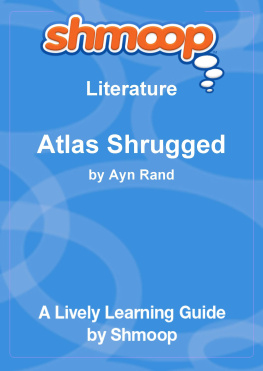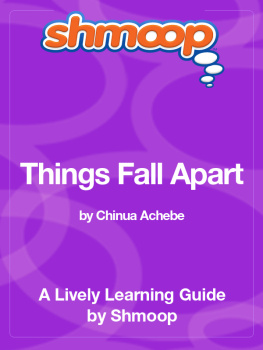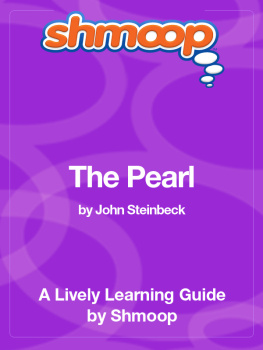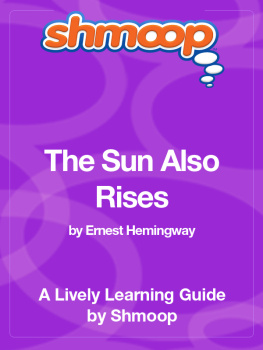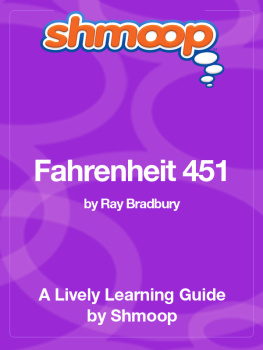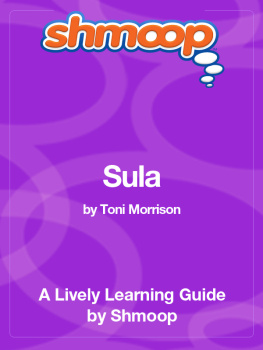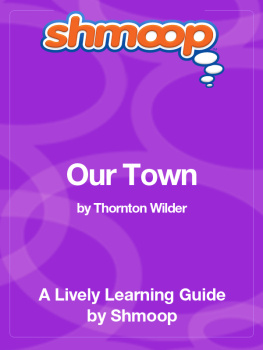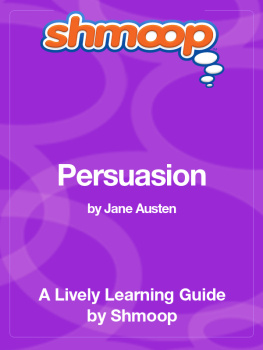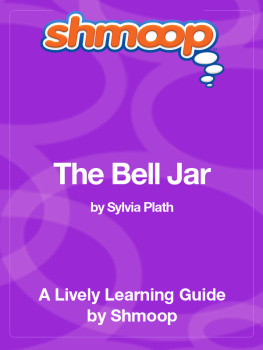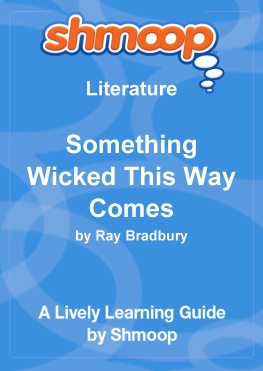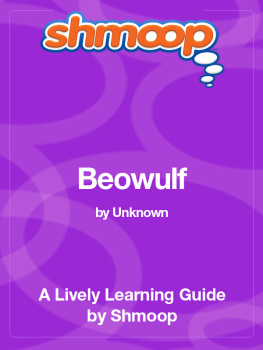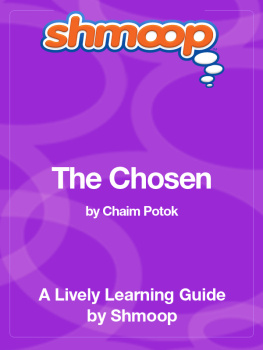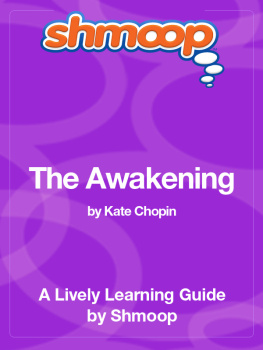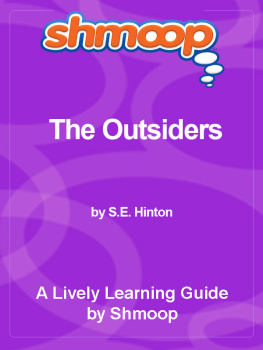
Table of Contents
In a Nutshell/Overview
Published in 1977, Toni Morrison's Song of Solomon focuses on the African-American experience in the United States over four generations. The novel examines the legends and folklore that tell the story of slaves who flew off to Africa. It also deals with the Great Migration (the movement of Southern blacks into other parts of the country) that took place following the Civil War and the uber individualistic mindset that was beginning to characterize urban America in the 1960s (hello iPod nation).
The novel has been popular for being able to zoom in telescopically on the black experience in America, but to also embrace and discuss universal themes, ideas, and concepts that affect every human. Themes like love, loss, friendship, and the search for identity. Toni Morrison has written that she wants her readers (that means us) to take part in the creation of the story, so she leaves some stones unturned in the hopes that we will kick our imaginations into turbo gear. It takes two to tango, says she.
In fact, Morrison says, "I want [the reader] to respond on the same plane as an illiterate or preliterate reader would. I want to subvert his traditional comfort so that he may experience an unorthodox one: that of being in the company of his own solitary imagination." Oh man, this book just keeps getting better and better. When was the last time you heard a Nobel Prize-winning author say to you, "Oh, don't mind me! Those are just words on a page - I'm much more interested in what you have to say in response to this little universe I've created." Um, never.
Toni Morrison was used to writing from the female perspective, but decided to challenge herself by following and capturing the male voice. You could say she did a pretty good job, because she earned the National Book Critics Award for this novel. Song of Solomon was also monumental in garnering Morrison the Nobel Prize in literature, awarded in 1993, and she was the first black American to be presented with this honor.
Why Should I Care?
Shmoopsters, the answer lies in the question.
1) Begin with a question: why? A monosyllabic monster of an inquiry, beloved by all four-year-olds in the world. It is knifelike, cutting people, places, and things open, but lacking the needle and thread to sew them back together again. So when you why something, you split it open.
2) End with a verb: care, meaning to be concerned with, to have a stake in, to invest in. Caring requires two parties: the carer and the cared for, but it is not a verb that requires reciprocation. For example, we care about double stuffed Oreos. But double stuffed Oreos don't necessarily have to care back. We care about Toni Morrison. It isn't imperative that Toni Morrison give a hoot about us in order for our caring to happen.
We now realize why this question gives us sweaty palms. We begin with a word that cuts the issue open, and we end with a verb that doesn't guarantee a response or a resolution. Therefore, we make ourselves vulnerable to the world with no guaranteed answer.
And then there's that tricky conditional verb "should" which quakes the earth of the question, recalling all the things we should be doing: eat vitamins, sleep more, finish our homework, call grandma, do our laundry, write a novel, swim with sharks, ask that dreamy boy in English class out, etc., etc. The world of the shoulds is the world of the easier-said-than-dones; the world of tasks that, were they to be successfully completed, would make our lives better somehow, fuller. And yet the shouldness of them makes us drag our heels to do them. If they were shouldn'ts it might be a different story. We love off-limits activities as much as the next person.
And finally, there's that tricky word, "I" sandwiched in the center of this question. Who is this I that would be improved by the shoulds in life, that is investing in something care-able, and that will ultimately have to clean up the mess that the why makes after the slicing is done.
Ladies and gentlemen, that I is the thing Milkman is so confused about. We see him ask why, and he gets no response. We see him refuse to care, but then he gets nowhere. We see him fixate upon the I such that he can't see the why (he's not curious about the world around him, about his family, about politics), he doesn't know how to care (you can't invest in something if you don't know who the you is or what it wants), and he certainly is blind to the shoulds (why do the shoulds, when there are the shouldn'ts to tempt you and to keep you at status quo?).
Song of Solomon is about the search for the I, and when Milkman finds it, or comes close to it at the end of the novel, the shoulds, the caring, and the whys follow. In pursuing the I, the world opens up for Milkman. What begins as a quest for one thing (gold) leads to the revelation of much more (his family, his people, his values). At the end of the novel, we can ask ourselves why Milkman jumps, why Guitar shoots Pilate, why the novel ends where it does, but, dang it all, we don't get an answer, because there is no one answer.
And so, Shmoopsters, whether you have fallen asleep or whether you are AIMing about how Shmoop's really lost it this time, the point is that you should care about this novel because Milkman is us, and we are Milkman. We may know our favorite color, our favorite song, our favorite movie, our favorite activities, and our favorite food, and we may have this information artfully presented in our Facebook profile, but the fact of the matter is that we are continually trying to figure out who the we really are and what we're supposed to care about. What gives our life meaning, and what takes that meaning away? For what or for whom do we live life? And, most importantly, why should we ask these questions? Had Milkman not whyed himself, would he have still found his way to Solomon's Leap? And WHY should we read books when they don't even give us the answers? What is the point of opening things up and not sewing them back together again?
Whats Up With the Title?
The "Song of Solomon" is both folkloric and Biblical in origin. Before we feast our eyes on Toni Morrison's novel, we know that songs are going to feature largely, and that this novel may even be a song in and of itself. Oh, and a man named Solomon may or may not be significant. Once our Sherlockian brains come across the children playing with a soda can in Shalimar, Virginia, we realize that they are singing a song of Solomon. Eureka! Singing is more emotional than talking, and songs not only tell a story, but they tell it with emotion.
In this way,
Song of Solomon is not just your standard novel. It does more than a novel. It sings. It stirs the emotional boef bourguignon of human experience. Solomon, we come to find out, is Milkman Dead's great-grandfather, who used to live in Virginia, who was a slave, who had 21 children, and who flew off to Africa, leaving his wife, Ryna, behind and devastated. This myth titillates Milkman's curiosity more than his three-piece suit or than a bobcat's heart, and the investigation of it leads to a discovery of his "people" and a community. By following the Song of Solomon, Milkman finds himself.
But wait, there's more. Song of Solomon is also the name of the last book in the Old Testament, and, boy, does it have the scholars stumped. It's considered one of the trickiest books to interpret in the Bible, but it's also one of the most popular books in the Bible. There's a lot of love in it, and not only love, but sex. The Biblical Song of Solomon tells the story of romantic love between a man and a woman, and it celebrates sexual love, telling the story of courtship and consummation. The man is thought to be King Solomon, and the woman is thought to be a Shulamite, a country lass. This text has been interpreted in millions of ways: as an allegory for God's relationship to Israel, as a way of understanding the church as a "bride" of Christ, and more. In its simplest form, it is a love poem.

